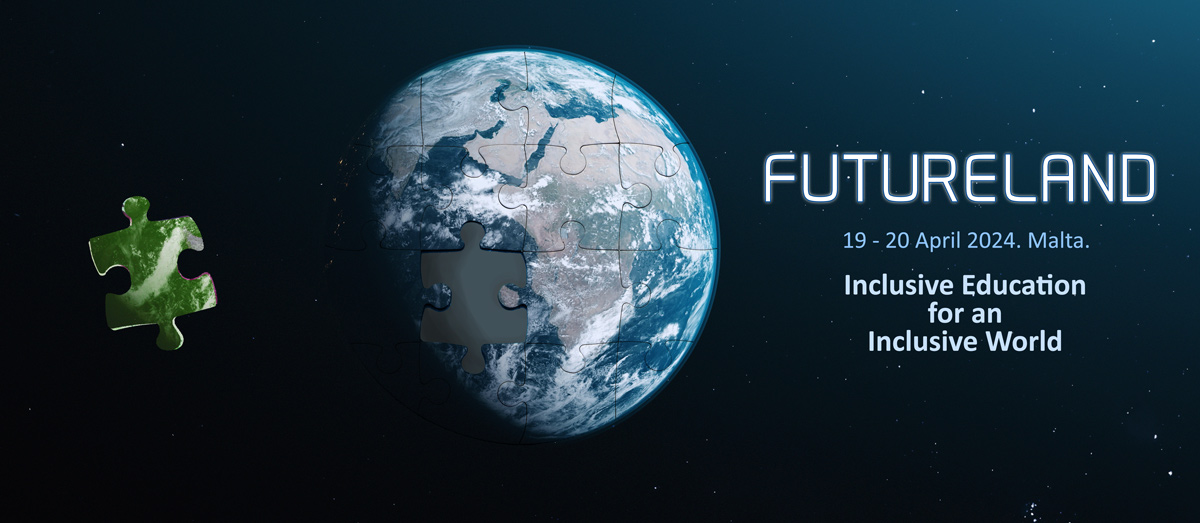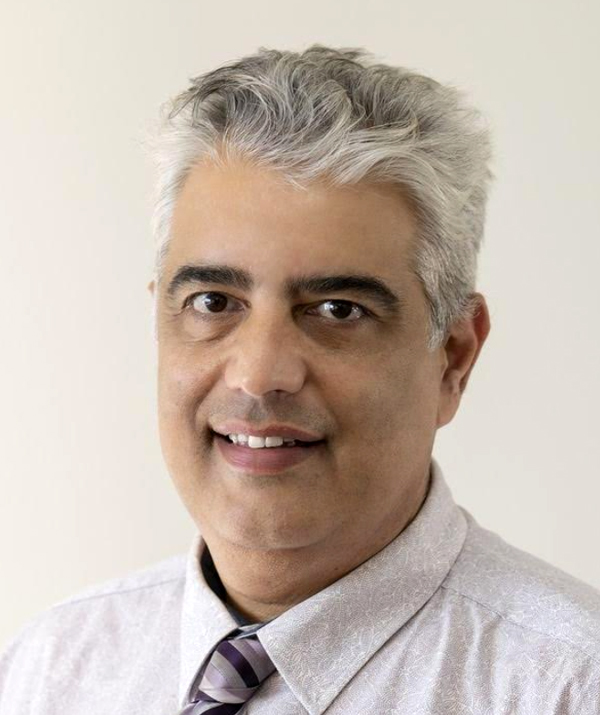Dr Kenneth Vella attended Marsa Primary State School, Junior Lyceum Liceo Vassalli tal-Handaq, Gian Frangisk Abela Upper Lyceum and the University of Malta. In 1996, Vella graduated with a Bachelor of Education Honours degree from the University of Malta. In 2005, obtained a Post Graduate Diploma in
Educational Administration and Management and in 2008 a Masters in Educational Leadership, both from the University of Malta. Vella continued with his studies at the University of Lincoln in England from where he obtained a Doctorate in Educational Leadership, Research and Development in 2015. In July 2019, Vella
was appointed Chairman of the Quality Assurance Committee within the Malta Further and Higher Education Authority and today, he is also the deputy vice chairman of the board. Presently he is also the Principal of Mater Boni Consilii St Joseph School Paola and the Non-Resident Ambassador of Malta to Estonia and Finland.
Co-creation of Knowledge; INCLUSION2
Workshop
Co-presenting with Marije Bent, Frank de Jong, Didier Finet, Ruth Mansueto, Julian Ng, Rik Vanderhauwaert
Futureland asks to imagine a better world and proposes educational ways to achieve it. INCLUSION2 Erasmus+ project aims to contribute to a more inclusive world e.g. besides cultural diversity, physical, and mental disadvantages, etc. also nature inclusiveness. The project supports the design of inclusive education in teacher professional learning communities through processes of co-creation. Co-creation means building new perspectives together, improving ideas, or developing new ideas or solutions and products related to dilemmas or problems that a community faces in making education more inclusive (De Jong, 2021).
In co-creative conversation teachers as, knowledge builders, transcend trivialities, oversimplifications and move beyond current (best) practices'” (Scardamalia & Bereiter, 2010, p. 10; Scardamalia, 2002, p. 79). This synthesizing leads to a “new” conceptual artifact, e.g., insight, perspective to go out and thereby enrich the working or school community. Thus, co-creation is distinct from debate and discussion and, from cooperative learning and learning together in and group or team. In the latter, it is much more about the knowledge applying or re-construction existing knowledge than about creating or building new insights, solutions, and so on.
The INCLUSION 2 co-creation design processes aim to create learning environments for students that are more ‘inclusive’ to foster education more sustainably by teachers in Malta, Ireland, Belgium, and the Netherlands. It is supported by a Frame of Thinking (FOT) and Building Blocks. Both are products that are developed within the project. So, the project process stimulates sustainable collaboration with teachers internationally for more inclusive education.
The FoT gives direction for how teachers can co-create creative curricula and lessons. It provides guidelines on how to support and design this type of working and thinking. It is hoped that this leads to diverse didactic methods. The FoT consists of guiding principles that can be used in diverse contexts and learning organizations for practitioners to change mindsets and practice through actively co-creating within a professional learning community becoming creative to design inclusive lessons and curricula. The FoT guides the support of e-environment tools, facilitators, and practical anchors which reflect the principles, and constructive actions for the creative co-creating knowledge-building process.
Building blocks are evidence-informed and tested materials to work bottom-up on inclusive schools for a sustainable future. They are constructed in line with the developed FOT. It includes examples of good practice, ideas for pedagogical practice that support a greater focus on student engagement, and more inclusive schools for a sustainable future. It supports creative working in partnerships with students and teachers to realize bottom-up inclusive schools for a sustainable future.
In this workshop, you will experience a SPRINT to understand INCLUSION2‘s key goals, activities, and methods. You come up with your own ideas you want to work on. Together you build on the design issue you selected as a group. In small groups, together you propose improvements or promising solutions to the design issue; explore obstacles and activities to plan to realize the improvements; you ‘rise above’ the initial ideas and share recommendations with the other groups.


